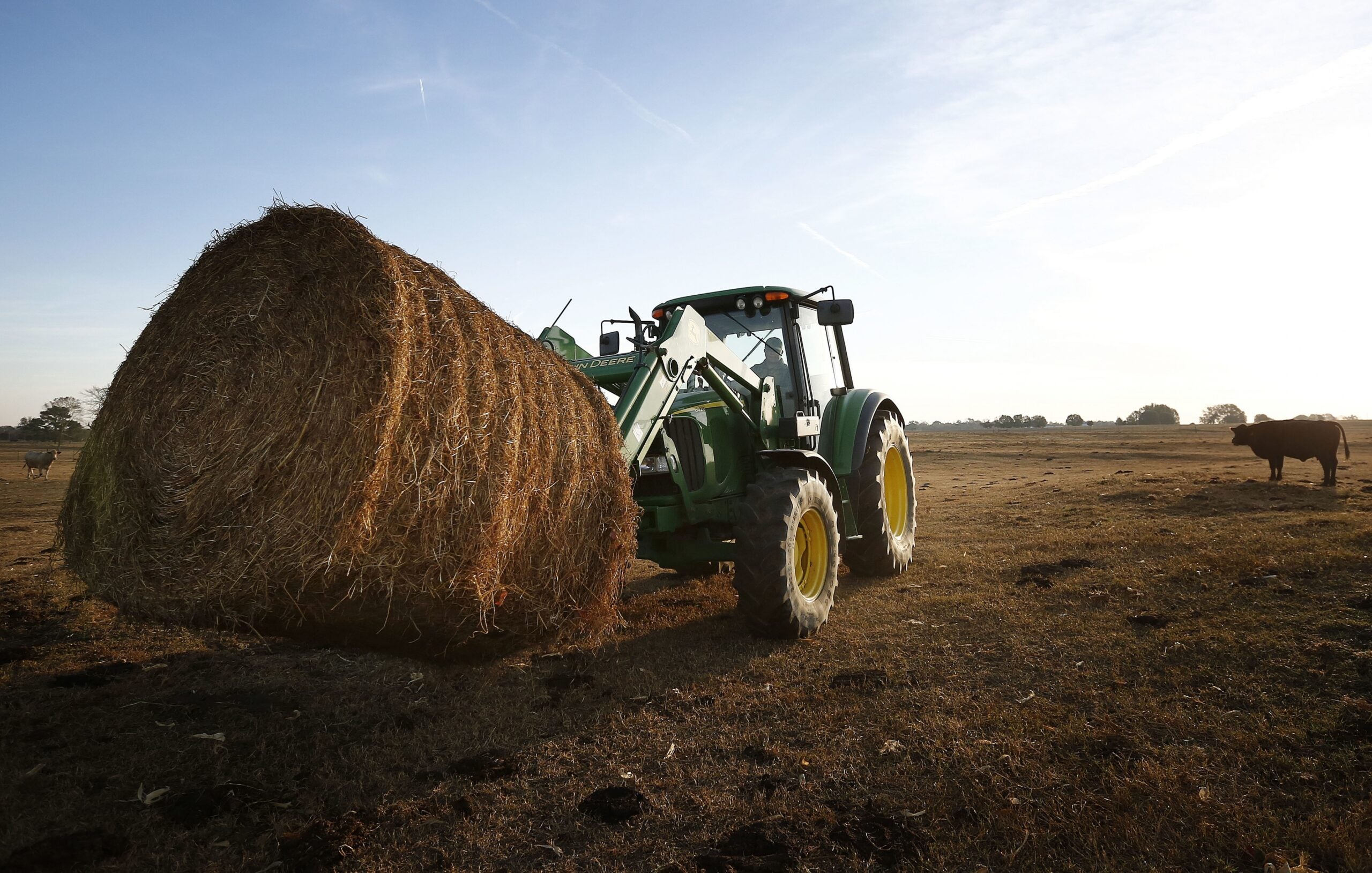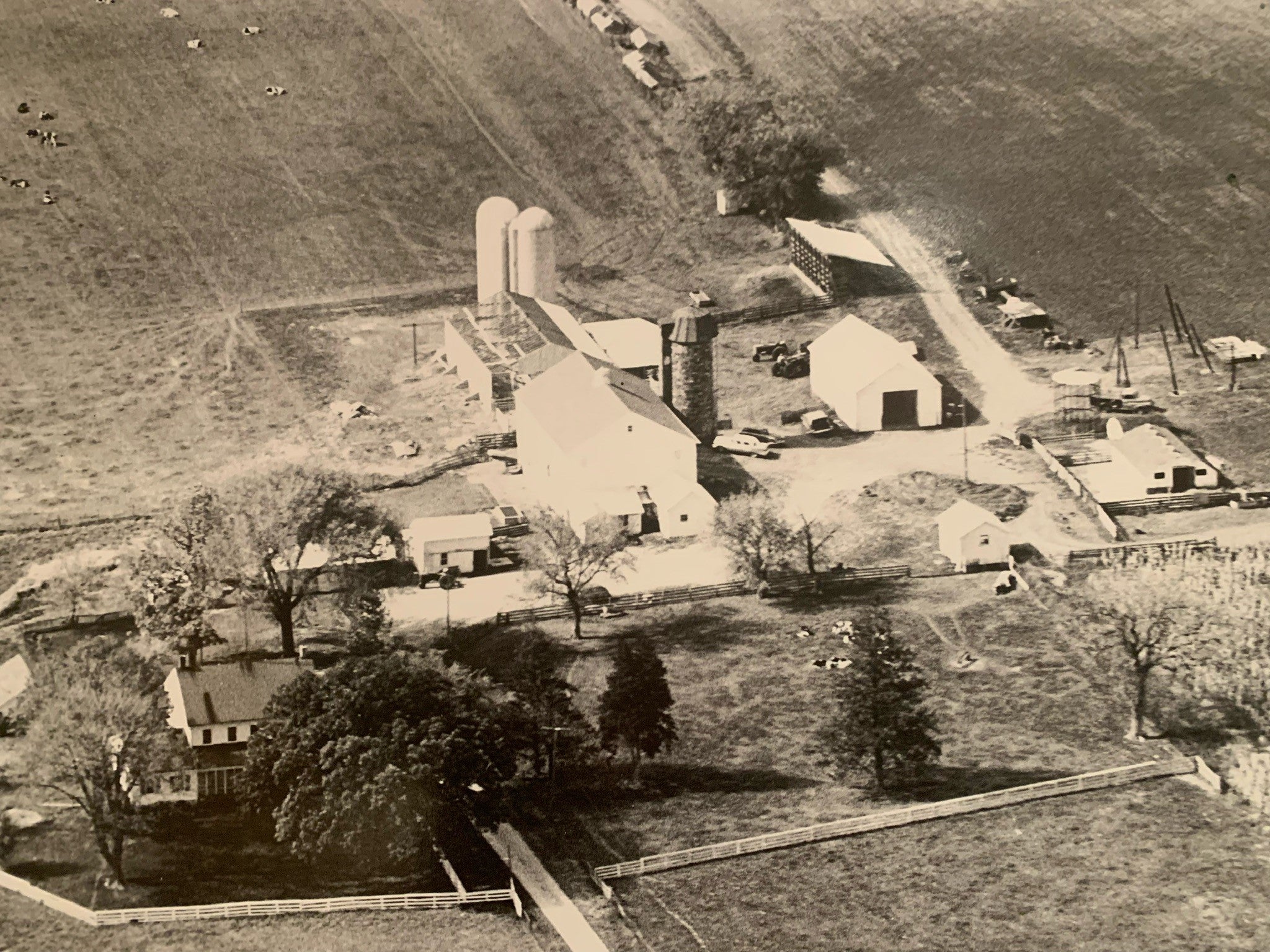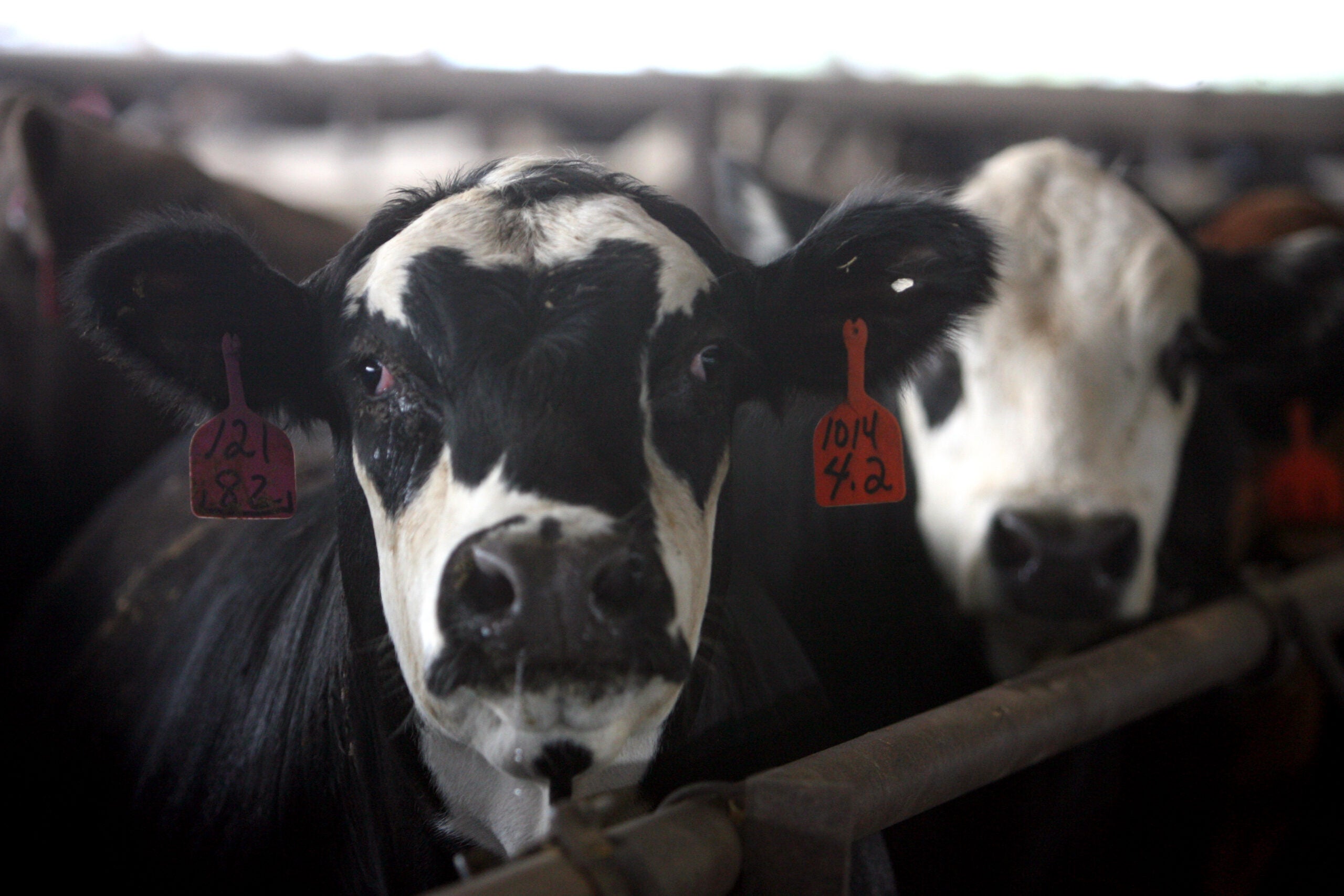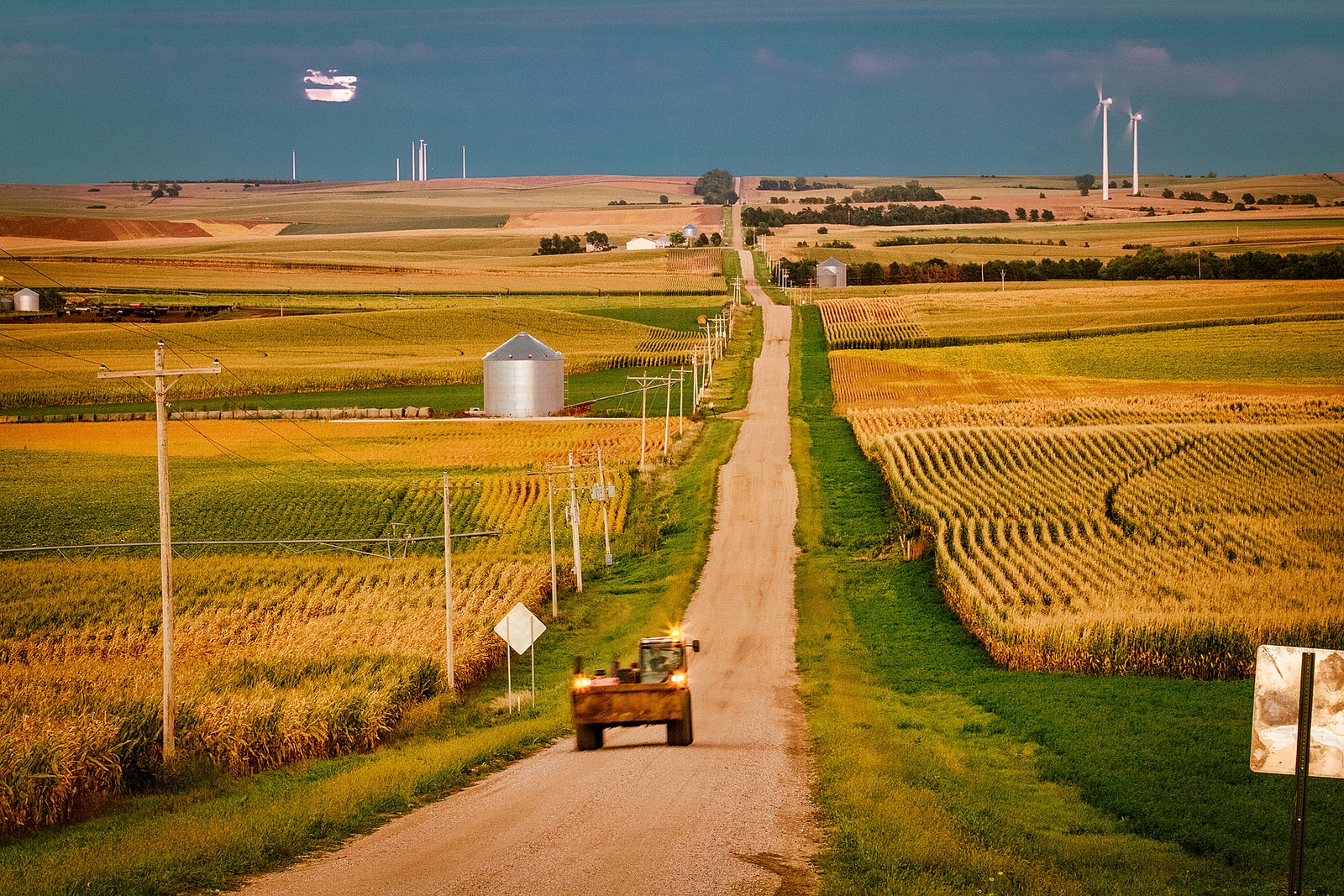John Deere says it will allow farmers to access what they need in order to repair their own tractors and equipment. But some in Wisconsin are skeptical the announcement will mean any change to the current way producers fix their tools.
The American Farm Bureau Federation and John Deere signed a memorandum of understanding at the AFBF’s national convention over the weekend. The agreement states that John Deere will make manuals, diagnostic tools and other services available to farmers who want to repair their own equipment or hire an independent repair service.
Calls for farmers to have the “right to repair” have been growing louder in recent years. Last year, Democratic U.S. Sen. Jon Tester of Montana introduced the Agricultural Right to Repair Act, which would require equipment manufacturers to make available documents, parts, software and tools needed for repairs. The National Farmers Union and several state chapters including the Wisconsin Farmers Union also filed an antitrust complaint against John Deere last year, claiming the company’s repair restrictions monopolized the market.
Stay informed on the latest news
Sign up for WPR’s email newsletter.
Julie Keown-Bomar, executive director of the Wisconsin Farmers Union, said she thinks the new agreement between John Deere and AFBF is a sign the legal pressure is working.
“This is an effort really on behalf of the leadership of American Farm Bureau and John Deere to, in a sense, cut their own agreement and be able to make some progress hopefully,” she said. “But at the same time, I mean, it’s left to see whether or not John Deere will comply with what was signed in their memorandum agreement, and actually really, truly open up the opportunity for independent shops and farmers to get the software and things that they need.”
Keown-Bomar said farmers are frustrated that they haven’t had access to tools, parts and information that are needed to fix the equipment they’ve purchased. But she said another concern from her organization is that John Deere retains a software lock on their machines. She points to reporting by CNN last May that tractors stolen by Russian troops from a dealership in Ukraine were remotely disabled.
“They possibly went through software lock mechanisms and stopped them dead in their tracks,” she said.”We might applaud that move, some of us, in terms of what happened in Ukraine. But for a farmer that is actually needing to get their field plowed or their harvest in…that can really hit their bottom line.”
She said it’s a level of control that most farmers aren’t comfortable with, especially after purchasing ownership of the equipment.
Keown-Bomar said John Deere is not alone in facing criticism over the ability to repair products and the issue extends far beyond farm equipment, with Apple facing their own pushback in recent years. But she’s skeptical the agreement between AFBF and John Deere will create a substantial change for farmers. If anything, it could stall legislative efforts on the issue.
As part of the memorandum, the American Farm Bureau agreed to “encourage state Farm Bureau organizations” to “refrain from introducing, promoting, or supporting federal or state ‘Right to Repair’ legislation that imposes obligations beyond the commitments in this MOU.”
“It’s a bit of a gag order, and it’s really effectively probably cutting off a source of pressure that I think was probably working,” Keown-Bomar said. “I do understand it’s a complicated issue and there’s not any easy way to view it. But it’s a pretty bold move to silence your membership.”
Tom Ballweg owns Ballweg Implement Co., a certified John Deere sales and repair company in Waupun. He thinks the new agreement between John Deere and AFBF won’t change much in on a local level.
“We actually do work with the independent repair shops and we do provide to them and have provided to them what’s available on service advisor,” Ballweg said. “John Deere has what they call a customer service advisor that is available to anybody and everybody. But we send our people to schools to learn how to utilize these, you know, fairly sophisticated systems. And so for somebody to just one day go and do it, it doesn’t work.”
Ballweg said he doesn’t think making these tools available to farmers will impact demand for his business because fixing computerized operating systems isn’t a skill that most farmers have.
But he said the concern is that customers will try to use the tools to remove engine systems that reduce emissions but can slow down progress and cause damage to the machine. It’s an argument that’s often been made by equipment manufacturers and related trade groups.
Ballweg thinks that the industry is already heading toward a time when farmers know how to fix many things on their equipment, just like they learned to fix the early generations of diesel tractor engines. But he said it will take time for it to become common knowledge.
Wisconsin Public Radio, © Copyright 2025, Board of Regents of the University of Wisconsin System and Wisconsin Educational Communications Board.




